Contact: +91 99725 24322 |
Menu
Menu
Quick summary: A Product or Food recall is when a food producer takes off a product from the market due to food safety reasons. Food recalls happen due to bacterial contamination, the presence of foreign objects, and allergens in the product. These recalls need to be addressed quickly and efficiently to avoid health hazards for consumers and thereby save costs and image for the brand.
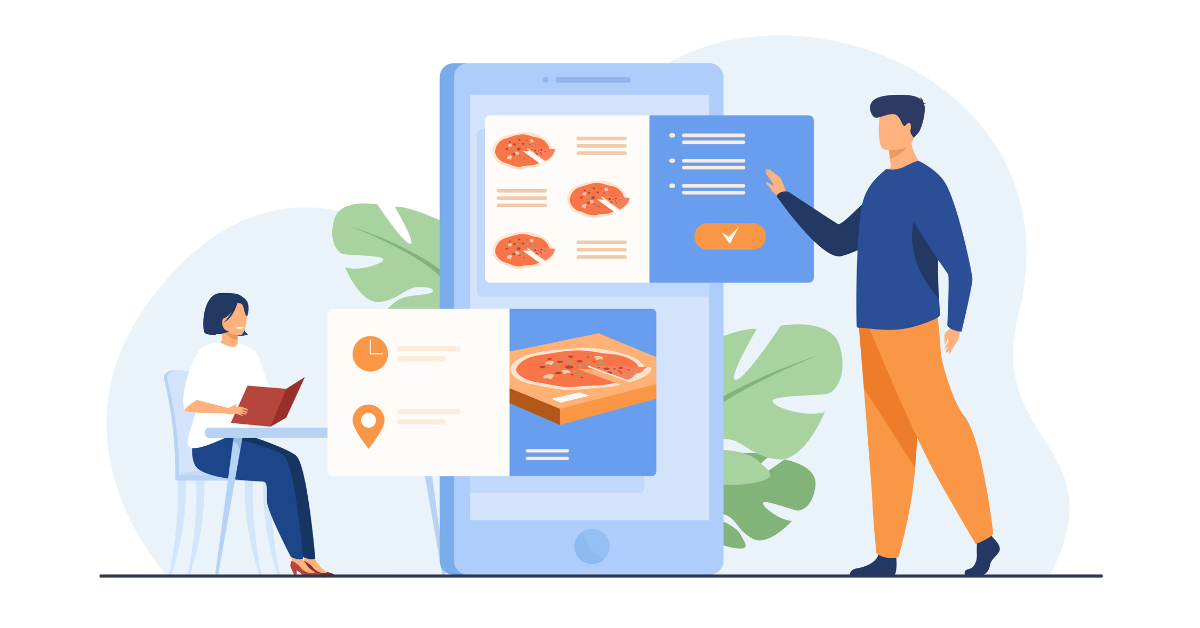
The Romaine lettuce, peanut butter, melamine in milk, horsemeat scandal and many more. Every industry at some point faces product recalls which can have a devastating effect on human health and the country’s economy. The increasingly global and complex supply chains are the contributors to these incidents.
In a survey of food product recalls conducted by the Consumer Brands Association, they found that the average food recall cost approximately $10 million.

Food Recalls are a huge threat to brand profitability and image and can result in damaging outcomes for both the company and the consumer.
Product recall is when an organization requests to exchange, return or replace a product after discovering a safety issue or defect which might put the consumer or the organization at risk.
Products are recalled when there is a violation of law administered by the Food and Drug Administration (FDA). According to them, there are three types of a product recall
– Class I: Recalls for products that could cause serious injury or death;
– Class II: Recalls for products that might cause serious injury or temporary illness;
– Class III: Recalls for products that are unlikely to cause injury or illness, but that violate FDA regulations.
Check what brands must know about Product recall
The most common cause of food recalls is biological contamination which normally affects the fresh vegetables and fruits. These contaminations can occur due to improper handling, contaminated water, pest infestations along the supply chain. Allergen products especially nuts and dairy products that are not declared on the label are also a major cause of product recalls. Foreign matter like metal, plastics, glass from production lines and packaging are also a cause for food contamination.
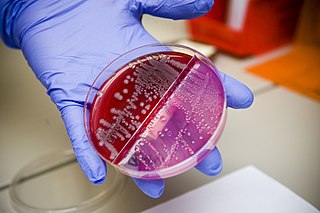
Various reasons and factors can affect a product anywhere throughout the supply chain. Therefore, the initiation or detection can happen even when the product is still being processed. A food recall occurs when there is contamination, adulteration, mislabeling, defects, allergenic, physical, or chemical damage that poses a threat to harm to the consumer or the organization.
It is treated with the amount of impact it can have on the recipients. A product, for example, is not recalled because of a minor factual error on the label that will not harm the consumer if consumed.
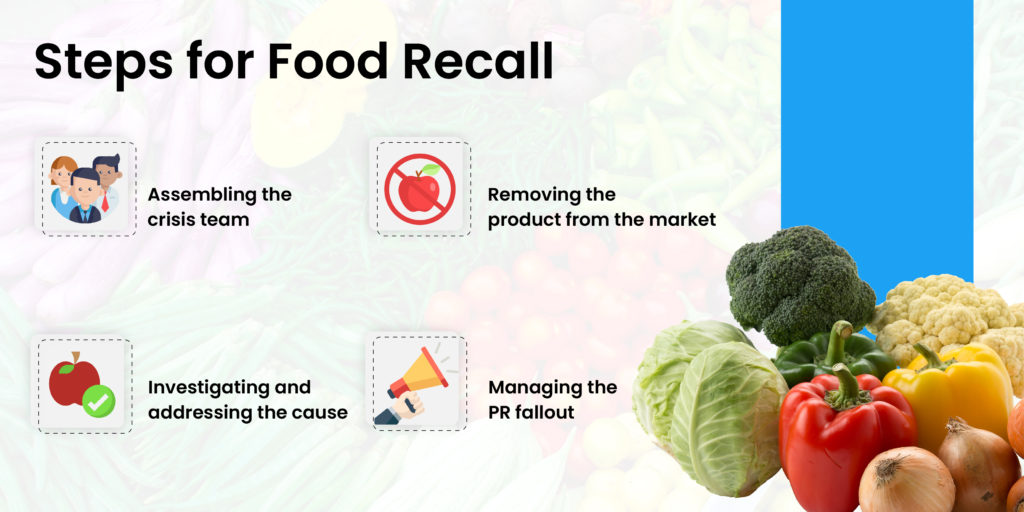
Below, is not an exclusive list that has to be followed in the case of food recall but rather deals with the situation considering the type of product and the volume of the impact that it is creating in the supply chain.
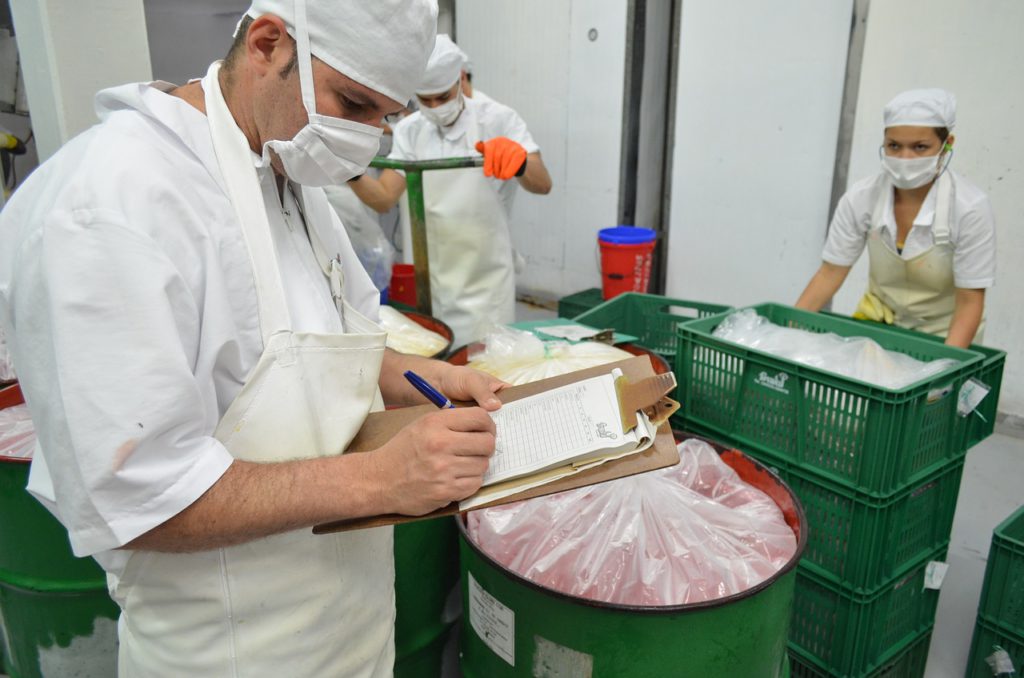
Below, is not an exclusive list that has to be followed in the case of food recall but rather deals with the situation considering the type of product and the volume of the impact that it is creating in the supply chain.
Mapping of procedures and plans has to be done for both pre and post recall initiation. Preparation is the key, a well-maintained record system tracing every process the product goes through while appointing representatives who know the organization inside out.
Every member in the supply chain has to have clear knowledge about the impact and decisions that have to be made. Affected parties and the general public have to be informed with the help of regulatory bodies about the volume and procedures of the recall.
After everyone is informed, the recall has to be done perfectly. Proper tracking and retrieval have to be completed without leaving any stones behind. Product recalls can put a company’s brand image on the back foot, therefore quick decisions and proper management will help them to get their momentum back on track.
The target consumer, customers, general public, and regulatory bodies have to be informed about the reason for the recall, stating exactly where and what went wrong, regaining consumer trust, and protecting the company’s reputation.
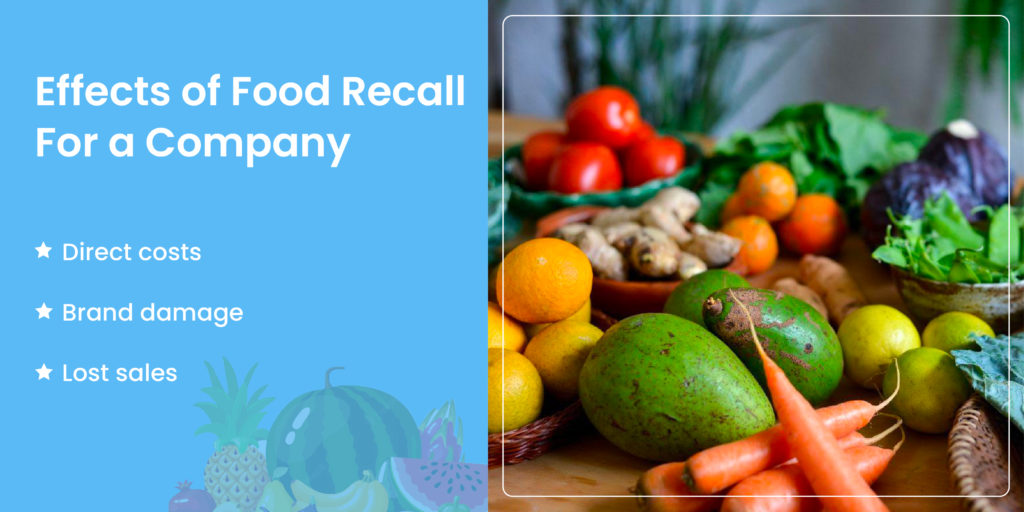
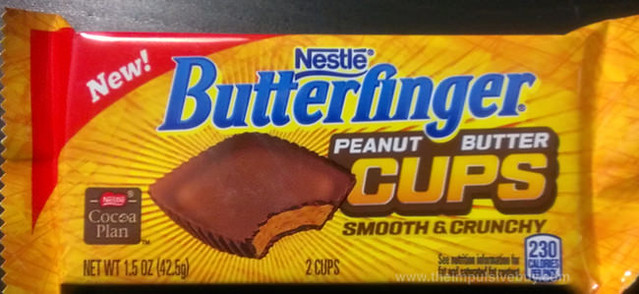
In October 2021, after receiving two public complaints about peanut allergies (mild allergy), on Nestlé’s “Superfood Trail Mix” product, they initiated a recall with the help of the Food and Drug Administration (FDA) for certain batches of their product.
A list of the specific lot and batch numbers were provided to the general public the products which when consumed could put the consumers at risk. It was later examined that the cause could have been cross-contamination with peanuts. Customers were advised not to consume, throw away or return the product to the place of purchase.
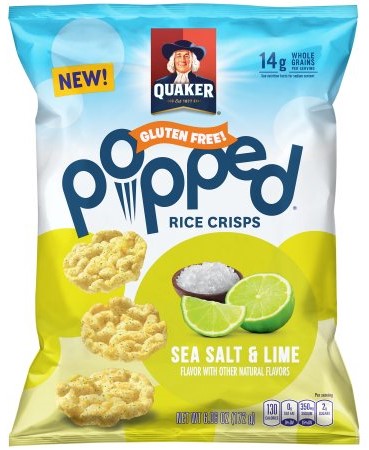
A total of 4550 bags of “Quaker Rice Crisps in Sweet Barbecue Flavour”, 3.03-oz of potential contamination were recalled by Quaker Oats in February 2021. These were recalled for probable inclusion of undeclared Soy ingredients. FDA stated, that allergens “run the risk of a serious or life-threatening allergic reaction if they consume the product contained inside the recalled bags.”
The products were distributed across 21 states in the U.S. Quaker intimated about the batch and expiry details suggesting the consumers dispose or return to the purchase points for a refund.
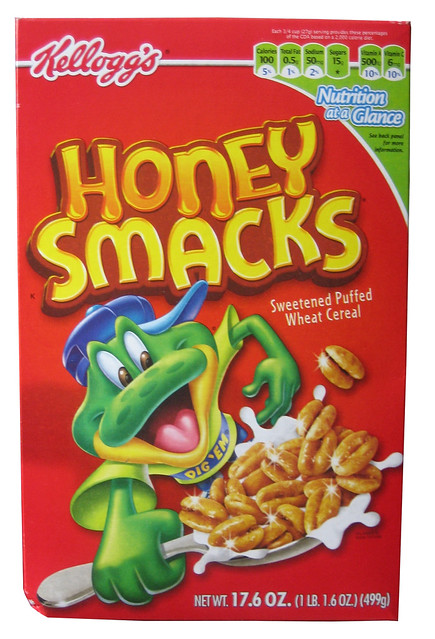
In June 2018 Kellogg’s recalled their “Honey smacks” product which potentially had the presence of Salmonella. Batch, lot and expiry dates of potential products were shared along with filling of action against their third-party manufacturer of the product. FDA and the Centre for Disease Control (CDC) hadn’t reported any major illness. Safety guidelines and refunds followed the recall.
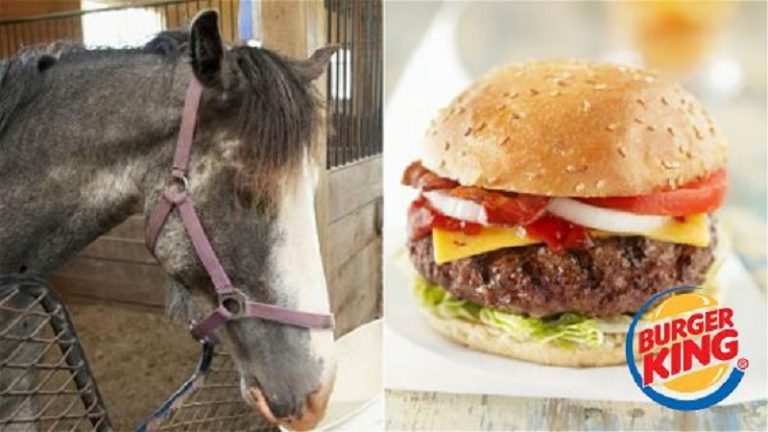
The second largest fast food chain behind McDonalds, Burger King were beef shorted after its store of patties supplied by Hudson Foods Inc was recalled due to E.coli contamination. People with Hudson hamburgers in their freezers were urged to return them to the place where they purchased it. Miami- based Burger King said that 1650 of its restaurants in 28 states were affected by the recall of 25 million pounds of processed hamburgers.
The contamination was supposed to have occurred at one of Hudson’s suppliers. The beef sold to Boston’s markets and frozen patties to Safeway, Walmart, and Sam’s club were all removed from their shelves.
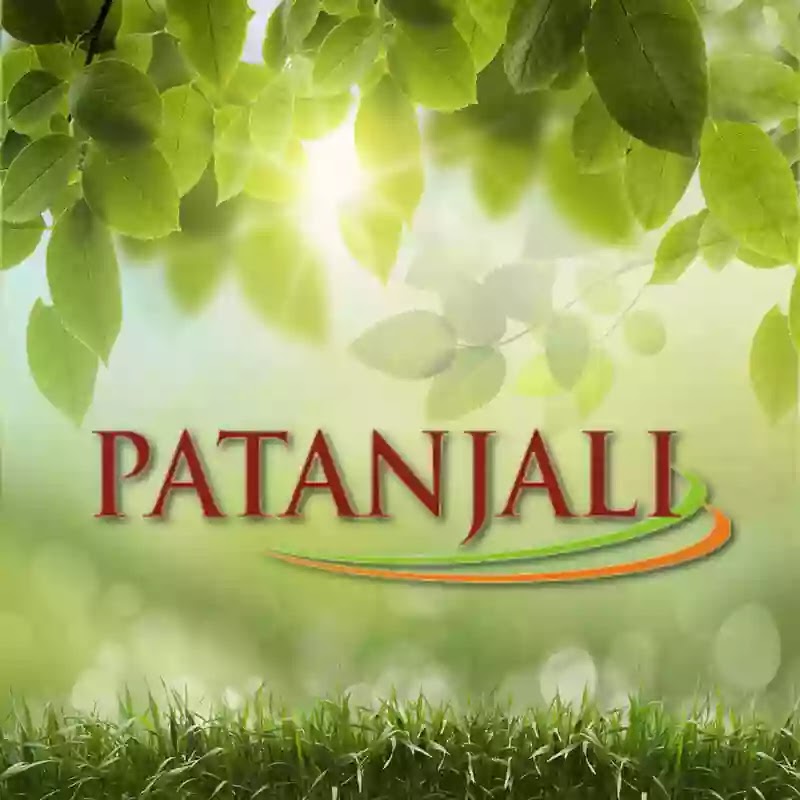
In 2017, the Nepal Department of Drug Administration had asked Patanjali Ayurved to recall 6 of its medical products due to substandard quality and had failed in microbial tests to detect bacteria, mold and other toxins. Divya pharmacy, in Uttarakhand the manufacturers were taking action keeping in line with the local medicine laws.
Patanjali’s Amla Churna, Divya Gashar Churna, Bahuchi Churna, Triphala Churna, Ashwagandha, and Adviya Churna were recalled through the publishing of batch and lot numbers to the general public.
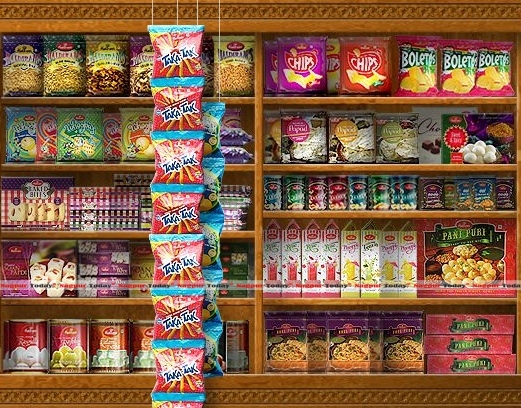
An export product, “Tasty Nuts” from Haldiram food International private Ltd was recalled in 2013 due to the presence of aflatoxin above the permitted limit in the National Food Standard Code. Recall notices were spread with the help of “Food Standard Australia New Zeland” containing precautionary measures, batch numbers and return policy.
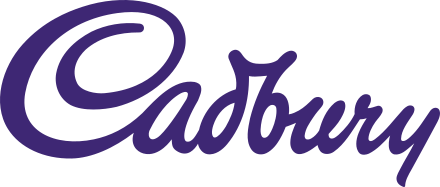
Mondelez India Food private limited, the parent company of Cadbury India was fined by the consumer forum at Guntur for supplying bacteria-contaminated chocolates to a consumer. Mondelez had to incur costs of more than Rs. 50000 as a penalty.
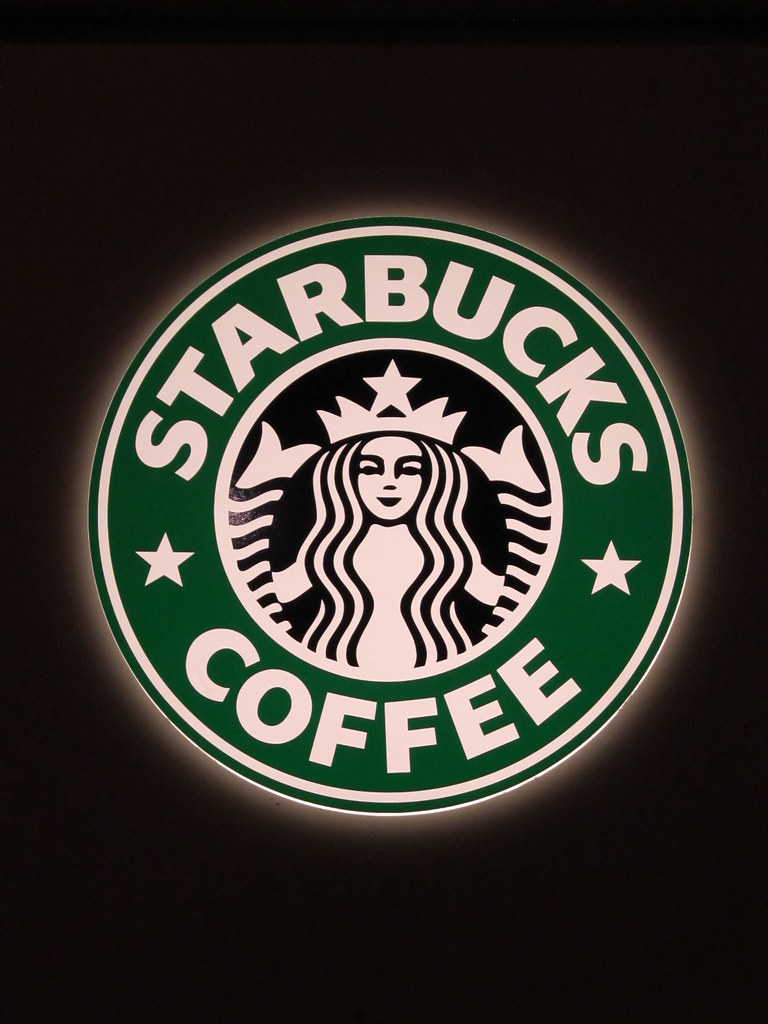
Starbucks removed certain coffee flavorings from Indian stores over health concerns. The products were suspended due to the usage of certain ingredients that were rejected by the Indian food safety inspectors.
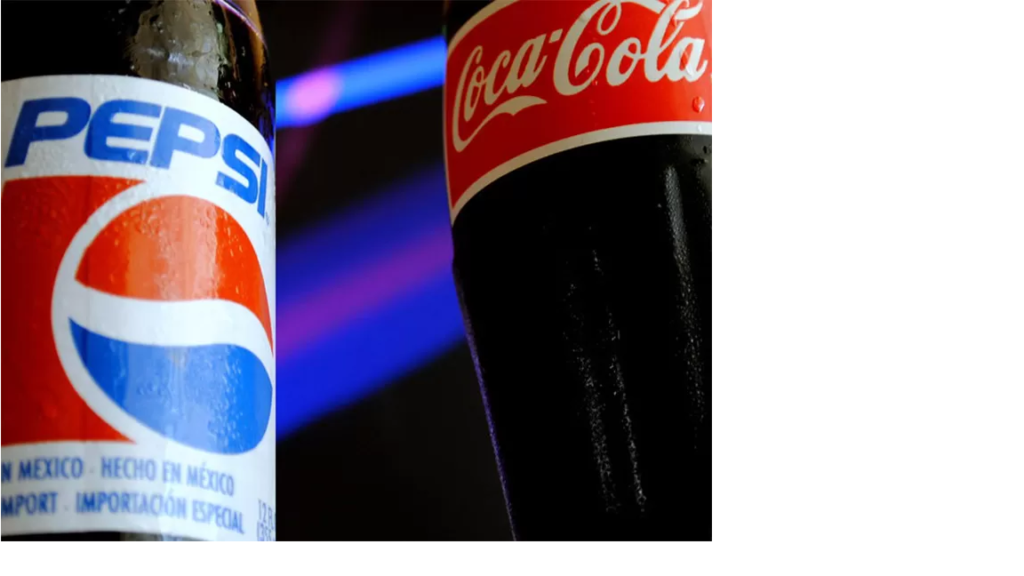
5 different toxins were found during a study in drinks manufactured by Pepsi and Coca-Cola. The toxins like heavy metal lead and antimony seemed to have contaminated the drinks. The contaminants had emerged from the PET bottles the drinks were packed in. There have been pesticidal contamination in these drinks quite often.
Transparency in the supply chain has been the glue that binds stakeholders within the supply chain. It has helped players to perform effectively and efficiently providing space for management along the way. Nowadays supply chains have been programmed and managed from end to end, i.e., right from the sourcing of raw materials, data is being linked and recorded throughout its journey to reach the hands of the consumer. End-to-end traceability systems provide visibility in the entire supply chain. Accurate Track and Trace systems aid in faster and targeted product recall, thereby saving recall costs and protecting human health.
Know the 5 step approach to Food traceability to realize effective recall management
A natural shift towards a technological-based management system is the solution Blockchain is one among the many, it provides a digital ledger recording system, shared among stakeholders in a decentralized manner which promotes tamper-proof and transparent recording of data. Under Blockchain, data is recorded and shared at every process in the supply chain making product traceability easier. Through transparency in the supply chain, stakeholders link their products downward and upward the supply chain creating product flow and tracking opportunities.
TraceX blockchain traceability solutions provide end to end traceability in food supply chains thereby achieving food safety and timely response to food safety incidents. Companies benefit from retaining their brand images and also save millions of dollars that are incurred in recalling a product.
The evolution of markets in the food industry has made way for evolution in food technology. Markets, organizations, and consumers have adapted to various changes and upgrades in technology. Today’s consumers and regulatory bodies are very demanding in terms of product quality, sourcing details, processing details and safety. Technologies like Blockchain, Artificial Intelligence, machine learning, and Big-data have stepped up in fulfilling customer needs. The ability to address food safety challenges builds trust in the consumers and the companies offering these solutions are able to get a competitive edge in the market and are able to build conscious brands.
